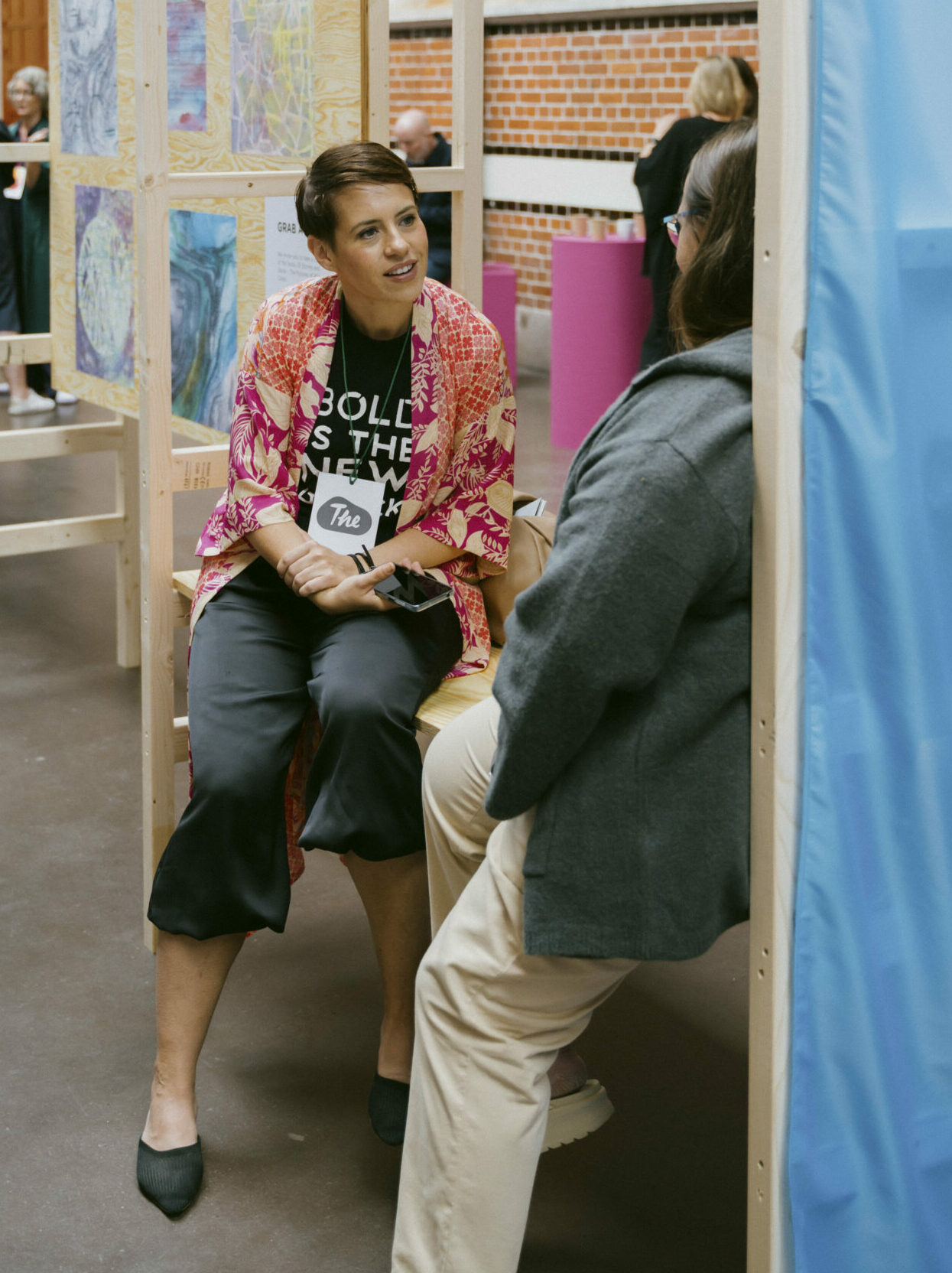Hej, hej, salut and Welcome to “Worth having”
In the last few episodes I’ve been focussing on burnout, the importance of diagnosing it and how to reimagine the diagnostic process and what roles mindfulness and awareness play and today I want to switch gears and shed some light on the light, the good side, when burnout is NOT a factor.
Today I am deep diving into the power of creativity, innovation, and open-mindedness and today, I have a special episode for you: exploring the fascinating world of ideas. Where they come from?
What does it mean ‘to have a good idea’?
Why have some people more ‘good ideas’ than others’?
And what is the role of open-mindedness in nurturing them?
Remember: Open-mindedness is the opposite of being in burnout. It’s all about having space and capacity and that is what I want you to have plenty of.
Allez on commence my fellow Insight Aficionados
Let’s start by debunking the idea that ideas pop up out of nowhere.
They don’t don’t – nothing pops up out the blue and especially not ideas. Ideas are thoughts and are not just randomly floating around. You don’t have an idea to a topic or a solution to a problem if you have not been working with the problem, or/and thinking about the topic first.
No, ideas are born out of our engagement with a particular topic or problem. We need to immerse ourselves, exploring it from different angles and perspectives. And as someone who always had to pay extra special attention to the words she uses: I already love the word engagement because it has nuances.
- Engagement can mean commitment – as in a pledge to marry (very much emotionally involved)
- It can mean it’s just a meeting, a date or an appointment (fairly neutral experience)
- or – it can mean: battle, conflict, confrontation (baaam! the though kind).
So we choose the nature of our engagement with a topic or problem and that makes me feel in control over, at least my part, and how things will turn out.
Think of the whole process as a puzzle, my friend. Ideas are usually solutions to problems that break a proven pattern or pathway. You can’t find the missing piece if you haven’t tried different patterns and pathways first. So ideas often emerge when we break away from the tried-and-true methods and approaches that we’re usually successful with. We have to play around with different solutions, even if they haven’t been proven successful yet.
But here’s the real magic, mon ami – the breakthrough.
It usually comes after we’ve exhausted all the obvious circuits we’ve known to work until now. It’s like going through a mental obstacle course. We navigate the proven pathways, and only then can we discover something truly new and innovative. It’s like we can find the info we’re missing after we’ve reassured ourselves that we’ve “not missed anything”, which means nothing else but having been through the process of mental and emotional regulation…. our brain is reassured that we went through our checklist – now we can move on to the less obvious, or maybe even downright ridiculous options.
And that is nothing other than working with your emotional intelligence
because That’s where wisdom steps in. Wisdom is not just theoretical knowledge. It’s knowledge fused with our memories and experiences. It’s the culmination of challenges, setbacks, and triumphs. It’s the combination of knowledge and/+ memory that allows us to see beyond the conventional and explore uncharted territories.
As we go through the process of exploring new ideas, we must navigate our own thoughts and feelings, regulating them along the way. It’s a dance between our emotions and intellect, the learned and the experienced, the sure and the uncertain…. and our ability to remain open-minded, my friends.
Emotional intelligence plays a significant role in open-mindedness.
When we can understand and manage our own emotions, we become more receptive to alternative viewpoints. We can engage in discussions and collaborations with empathy and flexibility. Without having the urge to dismiss them straight away.
Now, here’s the beautiful part – open-mindedness is not a fixed trait. It’s something we can develop and cultivate over time. We can enhance our self-awareness, nurture our curiosity, and practice empathy and cognitive flexibility. It’s about embracing the unknown, tolerating ambiguity, and approaching life with a growth mindset.
Because that is one last truth about ideas
– they usually are just the rough first draft of the final brilliant solution. Collaboration and diverse perspectives make Ideas better. Good ideas often evolve through a process of iteration and refinement. Starting with an initial idea and continuously refining and improving it based on feedback and insights can lead to a truly valuable concept. they AND WE become better the more we work with them.
So, mina vänner, keep exploring, keep challenging the status quo, and keep embracing new ideas. You never know when that spark of inspiration will ignite a world of possibilities. Stay open-minded (which mens signal others that they can approach you), stay curious (which means be the one that approaches others and asks questions), and let your ideas grow through conversation and collaboration!
So let me recap:
What are ideas? and where do they come from?
They are thoughts and are never random – you have to engage with the situation, topic or problem at hand.
Good ideas can come from various sources and factors, including:
- Knowledge and expertise
Having a deep understanding of a particular subject or domain can lead to insights and connections that generate good ideas. - Observation and curiosity: Paying attention to the world around you and being curious about how things work can spark good ideas. Observing problems, inefficiencies, or unmet needs can inspire innovative solutions.
- Creativity and imagination: Allowing your mind to think freely and creatively can lead to good ideas. This involves combining existing knowledge and concepts in new and unexpected ways or…. just simply give yourself a break and do something completely different, completely unrelated…. because that is when conscious thinking and unconscious thinking clash and create beautiful new sparks.
How come that some people seem to have more good ideas?
- Knowledge and experience: Individuals who have a broad knowledge base and extensive experience in a particular field are more likely to generate good ideas within that domain. Get more of both. get more theoretical knowledge as well as hands-on experience.
- Observation and curiosity:those are Cognitive abilities: People with strong analytical and creative thinking skills may have a higher capacity to generate good ideas. These skills enable them to make connections, see patterns, and come up with innovative solutions. you can train your brain to think better if you pay more attention without focussing on responding, or having to have an answer. You open your visual focus to what else is going on in the situation, how a person says something etc. you listen and collect and focus on not engaging in the ‘battle sense’ of the word, but to be present. try not to contradict even though it might come up as an urge, but ask instead ‘And what else?’ believe me, that is a VERY hard thing to do.
- Which is actually already point 3) Open-mindedness: Those who are open to new experiences, different perspectives, and diverse ideas are more likely to generate good ideas. Being receptive to alternative viewpoints and willing to explore uncharted territory can foster creativity and innovation.
- become pro-active – be persistent and curious – be the one who makes and effort and keeps asking questions and keeps including new people into the discussion, so that you don’t always have the same source of set opinions.
- Last, but not least: Environmental factors: The environment in which we operate has massive influence on idea generation. A supportive and encouraging environment that values creativity and innovation fosters the generation of good ideas…. and if you currently do not have that: don’t wait for it to be given to you. belonging is not just the attention and acceptance we receive from the group, or from society. Belonging is also how we show up and take active part in the creation for community, teams, friendships. Be the one that pays it forward. Be the one that practices being a judgement-free zone for others.
so there you go: I have the feeling this was a good one, but please tell me your opinion. What do you think about ideas. having them and cultivating the ability to come up with better ones.
Have you anything to add? Feedback is always welcome – and this a perfect occasion to practice conversation and collaboration.
So two last things: remember you DO belong, you don’t have to wait for someone else to grant you access to belonging – you’re the designer of your belonging and 2. if you found this helpful and inspiring: please share with your people. I appreciate it.
a bientôt et au revoir, c’est Nic*


